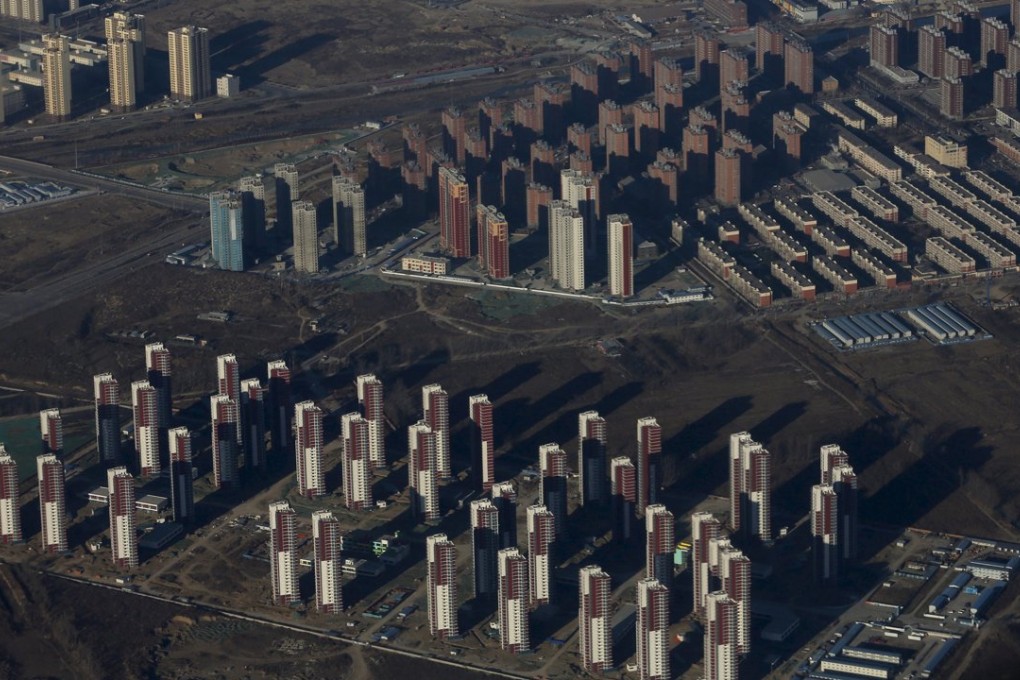How China’s real economy is losing out as companies chase higher profits in a property boom
Xiang Shao says by drawing investment dollars away from productive development, a booming real estate sector can be bad news for the economy’s long-term competitiveness

A recent surge in the housing market in some mainland Chinese cities has raised concerns again about a possible bubble in the real estate market. Irrational exuberance in the property market not only causes financial instability, it could also crowd out investment in the real economy. This is exactly what is happening.
Analysis based on the financial statements of Chinese listed companies shows that they invest 10 per cent less on average in their main business than the industry benchmark
Today, many non-property-based companies hold real estate purely for investment purposes. For example, Youngor, a leading garment company in China, has diversified into a real estate development company. According to its 2014 annual report, 72 per cent of its revenue actually came from property.
Others, which one would hardly relate with real estate – such as liquor company Kweichow Moutai and hot pot restaurant chain Hai Di Lao – are also moving into real estate development.
In 2007, the Chinese authorities required listed firms to disclose their investment property holdings in their financial reports. In 2014, about 40 per cent of non-real-estate and construction firms listed on the Chinese stock market reported having such property.
READ MORE: China property bubble bound to burst, say experts

Corporates making speculative investments in real estate is not a new phenomenon. Similar patterns have been observed in Japan, Hong Kong and Taiwan during real estate bubbles.
READ MORE: Hong Kong’s worship of property investment has created a society of excess
However, the booming real estate market is not the only reason behind such investment. Rising interest rates and labour costs, and hence diminishing returns from their main line of business, also mean companies are more likely to go down the route of opportunistic, and riskier, real estate investment. This is partially confirmed by China’s experience in the past few years.
Private firms are increasingly having to resort to using the shadow banking system (with its high interest rates) for financing. Under such conditions, they find it hard to remain viable and are attracted by skyrocketing prices to diversify into property investment. However, such a strategy is definitely not sustainable for the long-term competitiveness of the economy.